Construction of what is billed as the largest industrial mass timber structure in North America — a 450,000-square-foot building — will start this summer in Windsor, Conn. north of Hartford.
A project by Baltimore-based Blueprint, a provider of wood-frame construction solutions for the multi-family residential market, the new factory’s principal product will be the timber and wood panels it also produces in Baltimore.
“With our facility in Baltimore running at full capacity, we decided to further solidify our leadership position in the off-site building sector by expanding annual output,” says Jerry Smalley, Blueprint’s co-founder and CEO.
“It is a very big move. We are expanding our product capacity by two-and-a-half times.”
The decision to move to Connecticut was based largely on the growing demand for its core product in the region. The new plant will also fabricate cross-laminated timber and mass timber columns and beams for that emerging market in the northeast, says Smalley.
Mass timber construction is making headlines in other parts of the U.S., particularly in the Pacific northwest, and Canada but it is relatively new in the northeast.
“This will help open up opportunities for more manufacturers in the northeast, especially as the demand for these types of projects increases,” says Stuart Meurer, president and CEO of Windover Construction, the project’s construction manager.
The building will be constructed to be “as close to net-zero as possible” using mass timber provided by Austrian-based Binderholz, he says.
Construction is expected to start in July, with the project’s completion set for early 2024.
Design and construction of the plant is about $100 million.Windover has experience constructing mass timber projects but nothing on the scale of the Connecticut building.
The grid lines for the long-span building will be 50 to 60 feet apart, Meurer says.
“We have to make sure to properly phase erection as we move across the footprint.”
The schedule is aggressive, from day one until the factory opens, the construction manager adds. Windover will be subcontracting out most of the project.
Plans call for 90,000 square feet of solar panels that will supply upwards of 40 per cent of the plant’s energy needs. A bio-mass heating system will minimize wood waste in the plant and eliminate the need for natural gas heating, says Meurer.
Smalley says the Connecticut location was chosen over 18 sites in New England partly because of its accessibility to a major airport, highway network and its ample supply of industrial workers.
An “environmentally-conscious regulatory environment” was a contributing factor to Blueprint’s decision to select Windsor, he adds.
Arup is doing structural, mechanical/electrical and plumbing engineer; architect is Bergmeyer; civil engineer is Langan; and mass timber fastener supplier is Rothoblass.


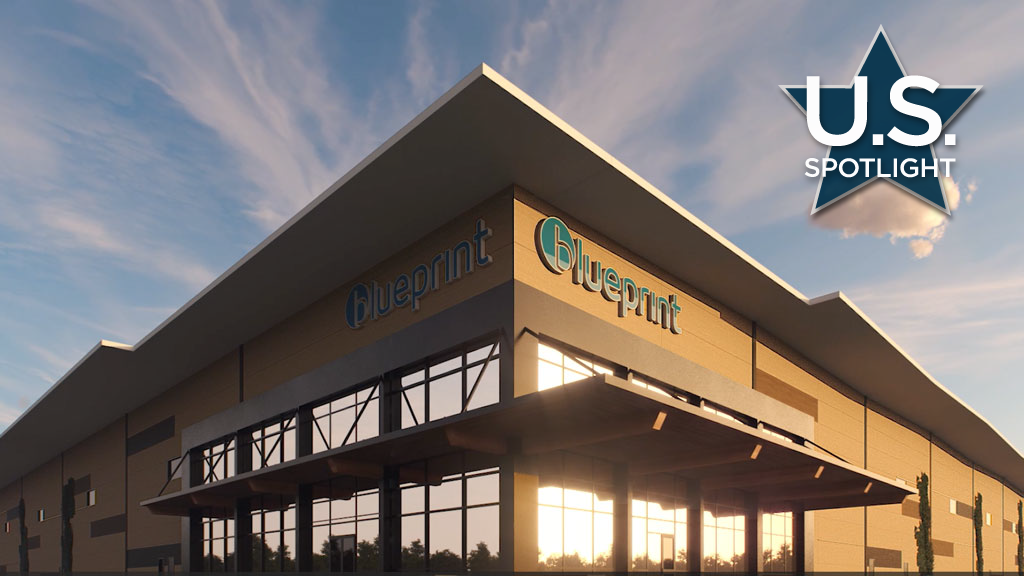
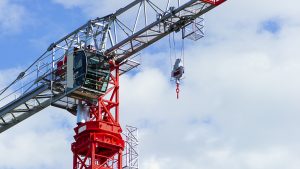

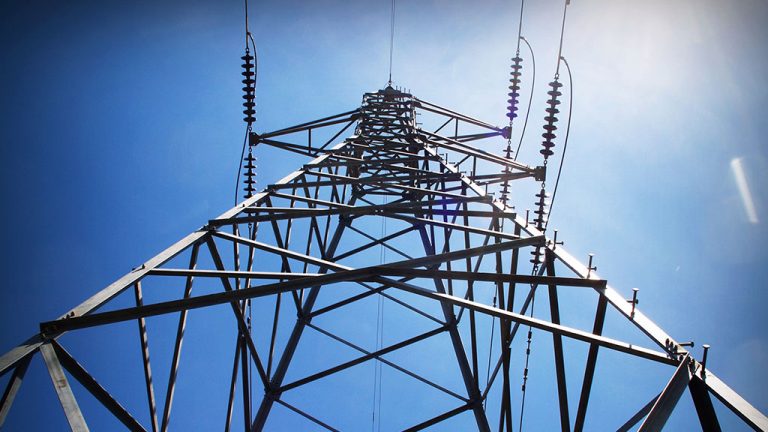

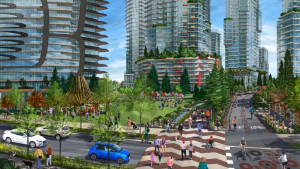

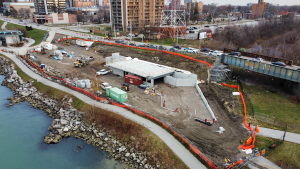

Recent Comments
comments for this post are closed